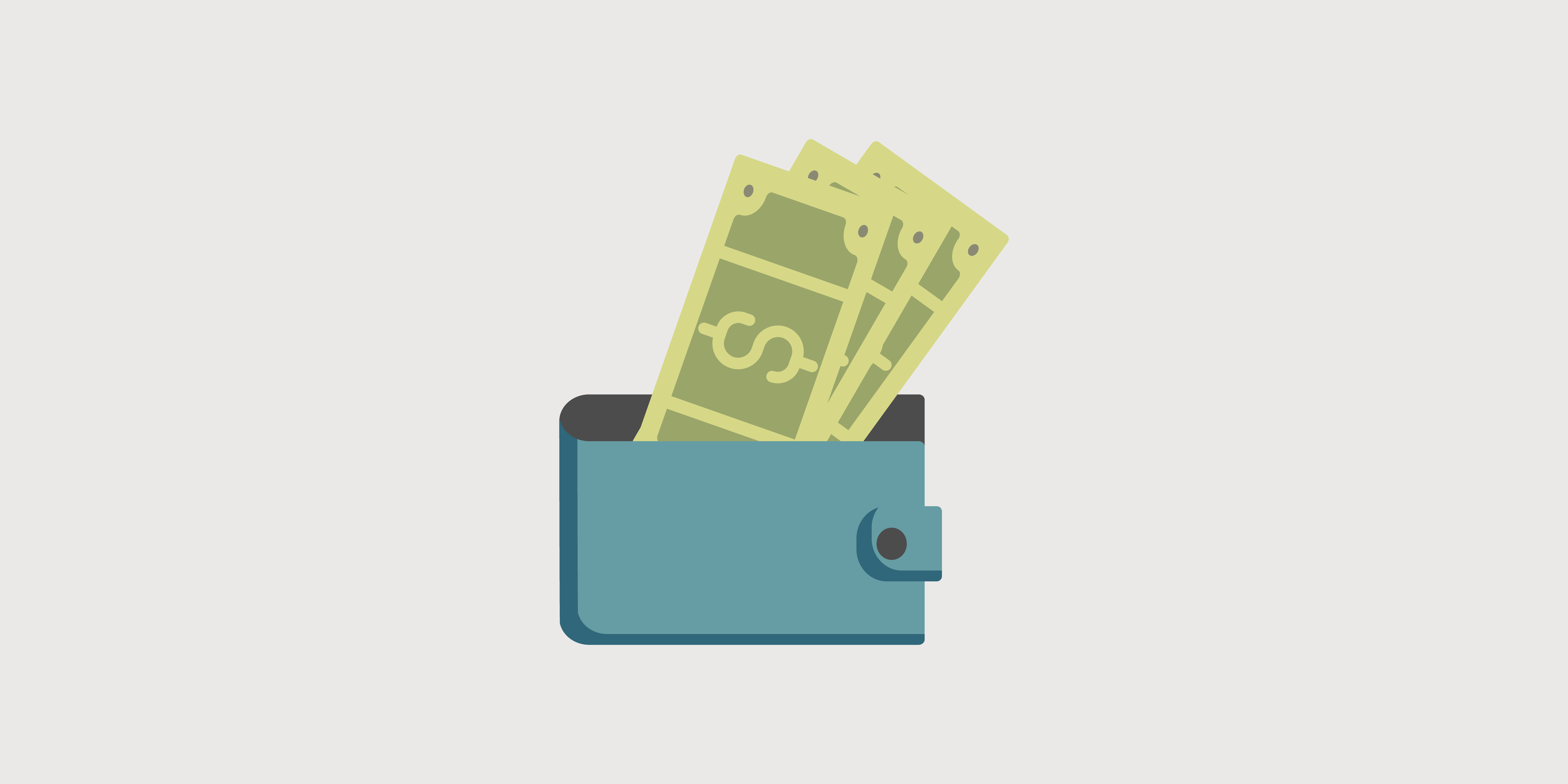Planning ahead can pay off big when it comes to taxes, because the right tax strategies can ensure as much money as possible stays in your pocket instead of the taxman’s. Investment tax planning requires lots of work and cooperation among the various parties involved – but if done right, it can help investors avoid a huge tax hit.
While investors generally know taxes can eat into their returns, most only have a cursory understanding of their impact, and the lack of an investment tax strategy can turn out to be expensive.
“Taxes are, for most Canadians, the biggest expense they ever have, so it’s mission critical for investors to consider the tax implications of every investment decision,” said John Horwood, director of wealth management at Richardson GMP in Toronto.
“In many cases, 50 per cent of the return will get eaten up in income tax unless we’re thoughtful and plan properly.”
In Canada, only registered investment accounts like RRSPs and tax-free savings accounts get special tax treatment. Investments outside these programs are taxed, although the capital gains on different kinds of investments will be taxed at different levels.
Proper tax planning requires not only knowledge of the system and familiarity with these various tax scales, but also cooperation among all the experts handling a person’s finances – especially if they have large or complicated estates.
And while investors often treat their investment advisors and tax specialists as professionals who work in isolation, presenting an integrated front against the taxman can yield much better results.
“Quite often they see the tax advisor as being responsible for taxes and don’t realize that the upfront investment decision has a lot more to do with the tax result than just compiling the tax return at the end of the year,” Horwood said.
“It’s a proactive rather than a reactive phase, and most Canadians don’t even like to think about income taxes, let alone take action.”
There are several strategies investors can use to minimize their tax burden by deferring their taxes, or “not pay the tax until you absolutely have to.”
And it’s wise to plan ahead, because hanging on to that cash instead of immediately paying it in taxes means you have capital to re-invest, which can allow you to potentially earn bigger returns down the road.
“In many cases tax deferral can be almost a lifetime event – you can get strategies that defer for 20-plus years,” said Horwood.
“The impact of that is massive.”
It’s also possible to divide taxes between family members through options like income splitting, which involves shifting income from a person taxed at a higher rate to another family member who pays taxes in a lower bracket.
Another tactic could be to “disguise” taxes – not by hiding them or doing anything illegal, but simply by changing the nature of those taxes from high-tax income to lower-tax income. Such strategies could allow you to, for instance, take advantage of the dividend tax credit, which gives you a tax break on income you make from eligible dividends of Canadian companies (but is more worthwhile at lower tax brackets).
While implementing investment tax strategies can be complicated at the beginning and require cooperation from all sides, Horwood says, it’s worth the effort to ensure as much money as possible stays in your pocket, whether for ongoing investments or for a successful retirement.




